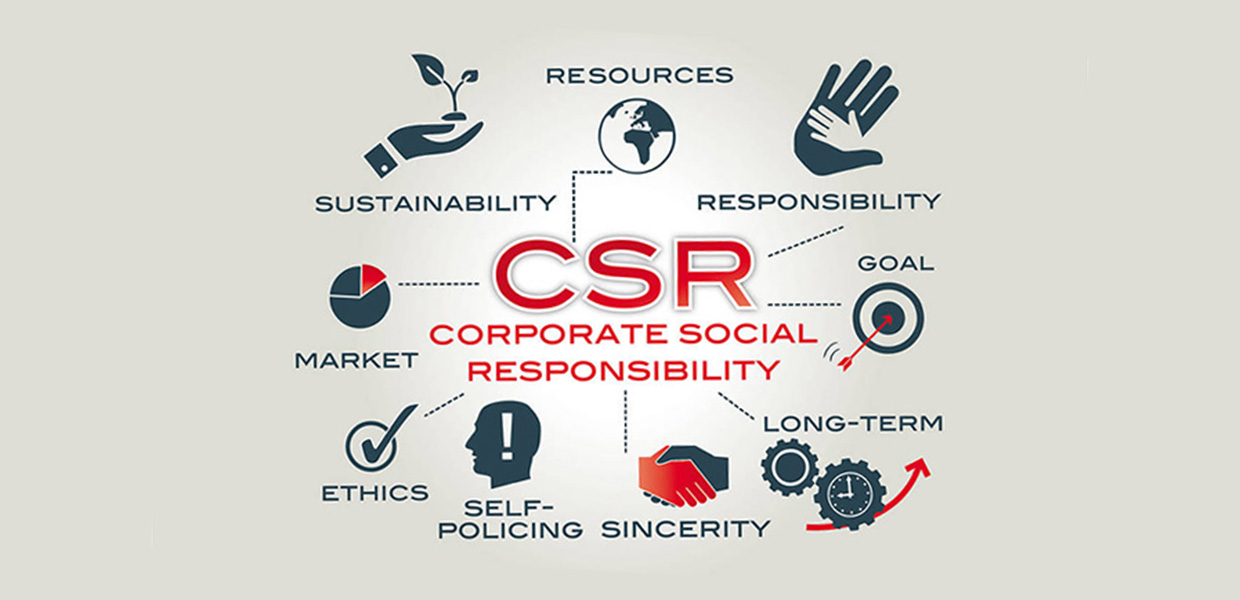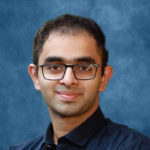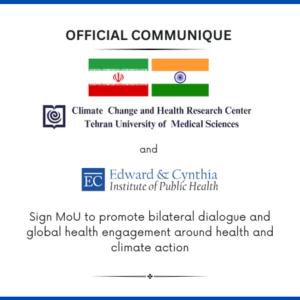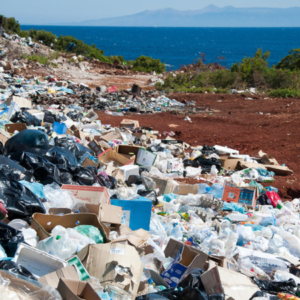When I first started out in the development sector, everyone I met told me get developmental funds via Corporate Social Responsibility (CSR) as if that was something every company wanted to give away and did not know what to do. Also, people confidently told me to approach some big companies who often maintained inaccessibility.
As a physician in public health, I was perplexed, did not have management or marketing lessons from IIMs but only had grand ideas that could change the global and national landscape in the space of public health where my competency rests. As I ventured to understand the sector more deeply, I realized that different companies carried out CSR initiatives for different reasons, with different motivations and also in different sectors.
Opening up to the world
I often wondered how do we do CSR which opens up to the world and how do we reconsider certain trends in development that hinders human progress and demeans the values of social friendship and universal fraternity. Back as a physician in med school, we learnt about social determinants of health. However, in theory it makes a beautiful read, but in practical implementation it calls for courage and guts not easily matched.
There are companies which have heavy budgets to spend, not just through CSR but also through business development funds, but building shared ideas and rejoicing in collective and inclusionary progress calls for a new algorithm of development. Caring for the world and the country where we live means to care for ourselves. The idea of CSR must stem from the fact that we remain, survive and thrive as one family, one single family and our common home is the earth which we must protect and defend.
Achieving multiple objectives with fixed budget
As a practice what I have often floated to corporate India is to have multiple objectives with fixed budgets and build a social determinant of healthcare model that serves to inform policies that spreads across healthcare, education, skill development and build integrated models of sustainable work around the budgets meant to be spent. The challenges we face today is born out of globalized indifference, deep disillusionment concealed behind a deceptive illusion that development takes place by what we do and is measured by cold numbers beyond the faces of a human life. There is no use doing impact evaluation with a beautifully packaged report which satisfies intellectual consciousness, rather real-change is time consuming, often non linear and met with number of challenges not easily matched.
I will share a story on how development in silos impacts families and how all the prized achievements go down the drain as we don’t engage in cross sectoral convergent models of practice.
Asif Ali (name changed) and his wife live with three children in a small-time urban settlement. Asif lost his job as a mechanic when the COVID-19 lockdown forced the closure of his business. Furthermore, the months leading into the monsoon season led to severe flooding, leaving him with a damaged home without any social protection (insurance cover). As the waters receded, it became a perfect breeding ground for vectors. Unfortunately, he and his wife contracted dengue fever, with Asif in dire need of blood platelets for survival and left at the mercies of an overwhelmed health system, his wife started running from pillar to post in a heavily congested urban space impacting mental health and general well-being. While the wife solicited platelet donations, the children were left to fend for themselves. With dwindling savings and no work, food insecurity, no social protection and the threat of malnutrition besides the hijack of decent education, the future was bleak. This scenario of cascading risks is now playing out among millions of families throughout India and across South Asia. I echo the sentiments of many such Asif’s who expect that their story reach an audience of this nature.
Reclaiming the dream that is India
As practitioners of CSR and as stakeholders in the development sector, let us revisit the pain, uncertainty and fear that surrounds developmental progress and that which affects communities, let us rethink our approach, our styles of life, our ideas and relationships, how we implement our goals and are we doing so by humanitarian intentions with promptness and above all let us understand the meaning of our existence beyond dreams of splendour and grandeur. In the end what matters is something we all know, courtesy COVID-19. Can we together reclaim the Indian dream? For our people, for our greater glory and for our collective future.
Dr. Edmond Fernandes is the CEO, CHD Group, India Country Office & Honorary Director - Edward & Cynthia Institute of Public Health
-
Dr Edmond Fernandeshttps://eciph.in/author/dr-edmond-fernandes/
-
Dr Edmond Fernandeshttps://eciph.in/author/dr-edmond-fernandes/
-
Dr Edmond Fernandeshttps://eciph.in/author/dr-edmond-fernandes/
-
Dr Edmond Fernandeshttps://eciph.in/author/dr-edmond-fernandes/





